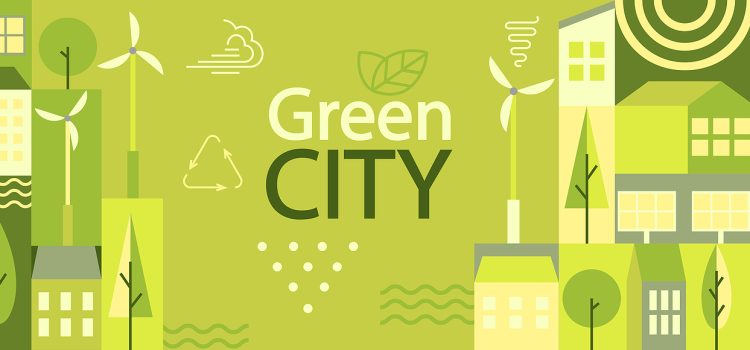I have to admit that when I took office in 2018, climate change was not in the top five of my priorities.
I wondered what one small city in Canada could do when countries the size of China and India are still building coal-fired power plants.
But I have to give credit to Coun. Cheryl Antoski who brought a resolution to city council to declare a climate emergency. She convinced me it was important that we, as a city and a community, do something about climate change. She said the more municipalities in North America do this, the greater the pressure will be on those who don’t take it seriously.
We also committed as a council to do more than simply pass a resolution. We decided to embody the intent of the resolution in our decision making.
Brantford was one of the first municipalities to look at every decision from the perspective of its impact on climate change.
That has led to some concrete, on-the-ground actions.
We want city operations to be Net Zero by 2050, if not sooner. That means a significant reduction in the volume of greenhouse gases emitted by city operations.
First, we’re electrifying the city’s vehicle fleet. We’ve already purchased electric cars. Pickup trucks are next on the list. They’re starting to become available at affordable prices. We find that, in the long run, electric vehicles are actually cheaper to operate.
Next will be buses. Not many are produced yet and the ones that are, are bought by bigger centres which can afford the high prices. But eventually they’ll be more available and cheaper, too.
Finally, there’s the big construction equipment. There may never be electric options but it’s possible that they will be versions running on alternative fuels, such as hydrogen.
Second, we’re reducing the carbon footprint of city buildings by making them more energy efficient. The expansion we’re doing at the police station will have solar panels and a heat pump system so it will be net zero.
A third significant source of greenhouse gases is the city landfill. Rotting garbage gives off methane gas. Right now, we’re diverting 20 per cent of garbage through the blue box program. We want to get that up to 80 per cent.
The new green bin program, which starts next year, will keep organic material out the landfill. Instead, the material will be put into a digester to be converted into compost.
The garbage diversion plan has another benefit, too. It will reduce the amount of material filling up the landfill, so the landfill will last longer. It’s next to impossible to develop a new landfill in Ontario these days. Some municipalities that have run out of space end up trucking their garbage long distances to a landfill. More trucks equals more greenhouse gasses.
We’ve doubled the size of our tree planting program, and I’d like to triple it in the next council term.
Another part of our environmental program involves protecting water.
We’ve taken steps to protect natural areas and underground water sources, especially in the Expansion Lands where thousands of new homes and businesses will be built in coming decades.
In that area, north of Powerline Road, we’ll change the way we manage runoff from rain, or stormwater. Traditionally, stormwater management meant directing water to storm sewers carried it to the Grand. We will have policies that will allow rain to soak into the ground to recharge the underground water sources, called aquifers. Not only does that help the aquifers, it reduces flooding downstream of Brantford.
